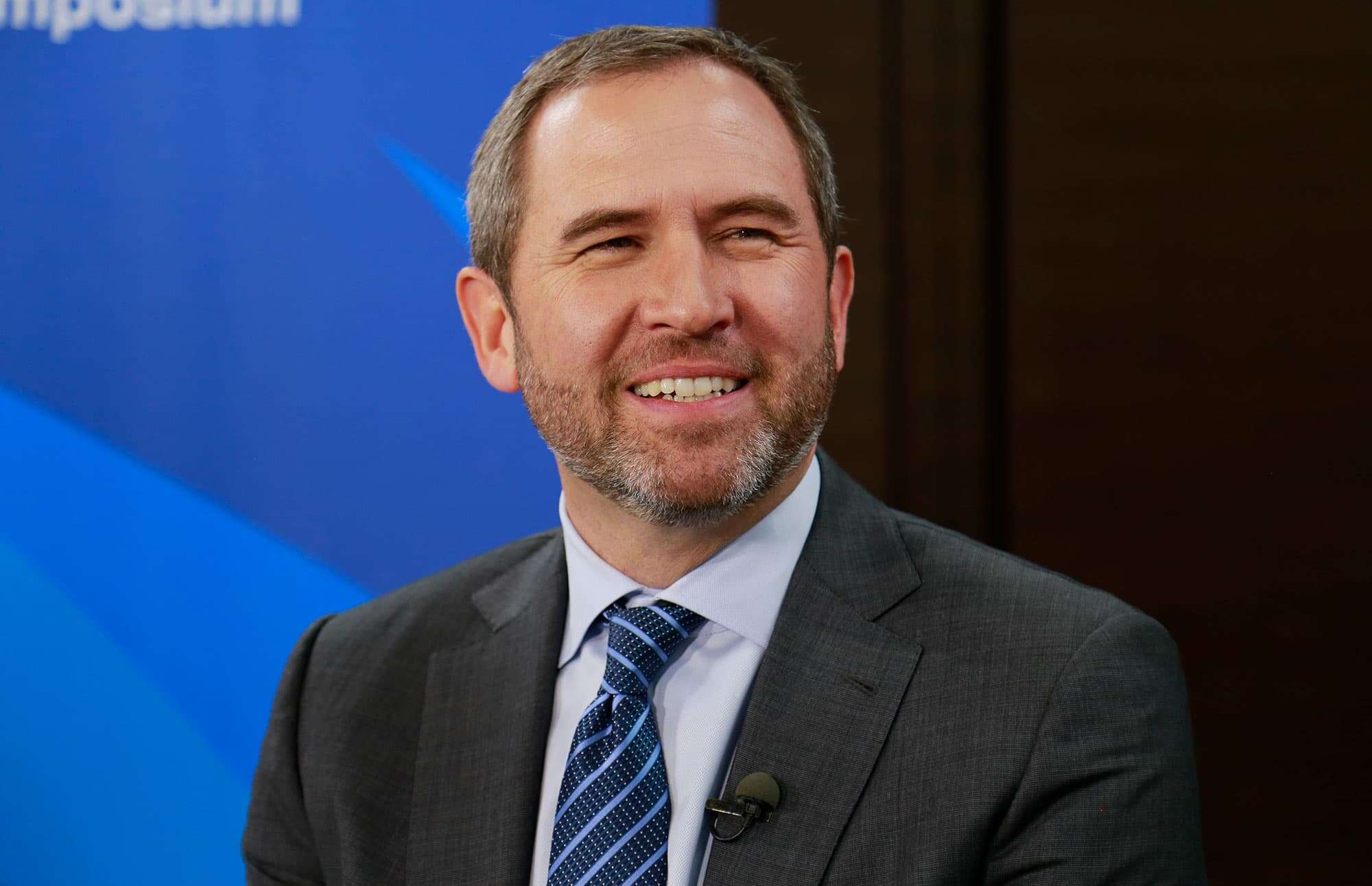Ripple CEO Brad Garlinghouse has taken a firm stance against the former Chair of the United States Securities and Exchange Commission (SEC), Jay Clayton, regarding the agency’s regulatory approach.
This comes as the SEC has been actively pursuing regulatory actions against various crypto exchanges and companies since the beginning of 2023.
In a recent interview with CNBC on June 29, 2023, Jay Clayton expressed his belief that the SEC should only initiate legal action against specific companies when there are strong legal grounds to do so.
He emphasized the importance of regulatory agencies introducing regulations and legal cases that they believe will successfully withstand judicial scrutiny.
Garlinghouse wasted no time in responding to Clayton’s statements, pointing out that the former SEC chair had initiated a lawsuit against Ripple, himself, and Ripple co-founder Christian Larsen in December 2020.
In that lawsuit, the SEC accused the company and the two executives of conducting an “unregistered, ongoing digital asset securities offering” and claimed they had raised over $1.3 billion through sales of the XRP token.
READ MORE: Introducing Cryptostake—the Simple, Seamless, and Reliable Crypto Staking Platform
Garlinghouse didn’t miss the opportunity to remind everyone of Clayton’s role in the case, stating, “As a reminder, Jay Clayton brought the case against Ripple, me, and Chris Larsen. And left the building the next day.”
This raised eyebrows, especially in light of the recent developments where the SEC moved to dismiss the charges against Garlinghouse and Larsen in October.
The SEC’s decision to dismiss the allegations without prejudice came after Judge Analisa Torres ruled partially in favor of Ripple in July.
She declared that retail sales of the XRP token did not meet the legal definition of a security.
However, the court also found that Ripple had violated securities laws by selling XRP tokens directly to institutional investors.
This ongoing saga highlights the tensions between the cryptocurrency industry and regulatory authorities like the SEC.
While Clayton’s remarks suggested a more cautious approach to regulatory actions, Garlinghouse’s strong criticism serves as a reminder of the contentious legal battles and regulatory uncertainty that continue to surround the cryptocurrency space.
The outcome of these legal battles will undoubtedly have significant implications for the future of cryptocurrency regulation in the United States.
Discover the Crypto Intelligence Blockchain Council




